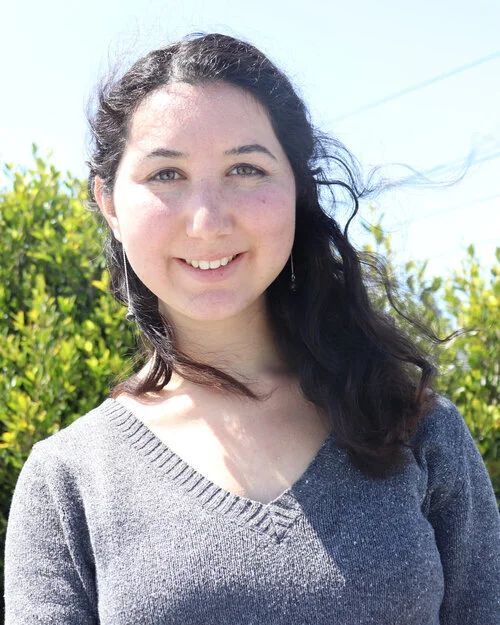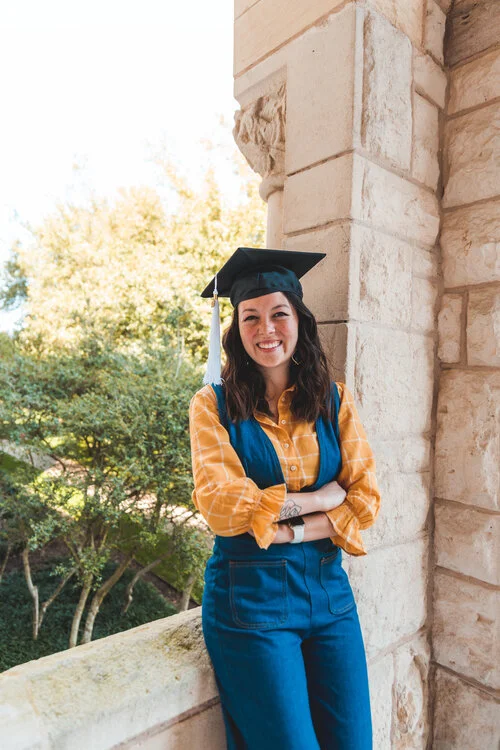In one word: energetic!
After witnessing his classmates still dealing with repercussions from Hurricane Harvey back in 2017, and continuing to witness the rapid intensification of hurricanes in the Gulf as a result of a warming ocean, Chris realized how much climate change will affect those near him, in addition to the widespread effects around the world. He decided to study meteorology, climate change, and mathematics during his time at Texas A&M University. When he wasn’t busy with his classes, he worked for the Texas State Climatologist, held leadership positions in various student organizations on campus, and founded Texas A&M’s first CCL campus chapter.
Chris Larson is CCL’s College Outreach Intern this summer! He is entering graduate school this fall.
This summer, as Chris prepares to enter a PhD program in climate change next semester at University of Pennsylvania, he is working as CCL’s College Outreach Intern! He will be organizing and leading outreach to institutions of higher education to spread information about CCL and establishing student chapters of CCL. He will also write intern and fellow profiles to showcase the incredible contributions of young people in the climate movement. In his free time, he loves watching new movies and shows, being active outside, and preparing to get an Australian shepherd once he’s settled in grad school.
Chris says that “Climate change doesn't discriminate; the best thing we can do is vote and fight for nonpartisan climate policy.” He hopes to become more involved in climate advocacy and getting more college-aged students to do the same. He wants everyone to know that we do have a voice in the government, we just have to be loud enough for them to hear us!


















